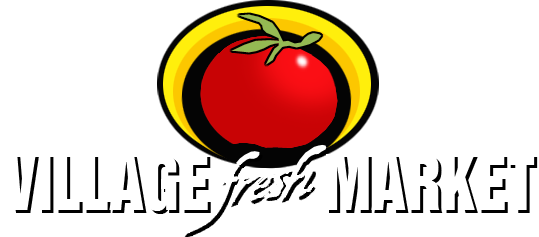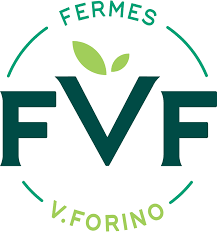(Reporting by Jim Offner)
Organic produce marketers generally agree that demand typically outpaces supply in the category, but they also note that overproduction does occur on occasion.
“Because demand continues to grow substantially within the organic segment, very few organic items today can be categorized as supply-exceeds-demand,” said Michael Castagnetto, vice president of global sourcing with Eden Prairie, Minn.-based Robinson Fresh.
However, there are a few seasonal and/or regional items where the industry is beginning to see supply exceeding demand, including potatoes and winter squash, Castagnetto said.
“More growers have planted these crops, and because they store well and can be held for a longer period of time, we tend to see higher levels of supply,” he said.
There’s a seasonal component to oversupply of some organic items, said Chris Ford, organic category director with the Vancouver, British Columbia-based Oppenheimer Group.
“That’s tended to happen on row-crop vegetable items, where there are relatively short crop-cycle crops, planted in multiple geographies,” he said.
How frequently oversupply occurs depends on the item or time of year or how long those windows last, where organic is cheaper than conventional, Ford said.
“I just find the wet vegetable category it tends to happen more frequently,” he said.
As growers continue to increase their organic acreage, other commodities could swing to the oversupply side, Castagnetto said.
That should come as no surprise, said Dick Spezzano, a retail consultant based in Monrovia, Calif.
“I think at certain times of the year that happens,” he said.
When that happens, excess product might be channeled into the conventional market, Spezzano said.
“I’m sure when Grimmway or Bolthouse are long on organic, they’ll package it as conventional,” he said.
Oversupply in some organic items is generally a rarity, marketers say.
“We don’t have any items now where supply exceeds demand,” said Chuck Sinks, president of sales and marketing with Yakima, Wash.-based Sage Fruit Co.
On the other hand, some organic apple varieties have less pull than others, said Andy Tudor, business development director with Selah, Wash.-based Rainier Fruit Co.
“There’s really not tremendous demand for what we call the ‘declining varieties’ — goldens, reds, braeburns and jonathans — in the organic category,” he said. “Growth continues in mainlines, grannies, fujis, galas and all the rising stars — Jazz, Pink Lady, Honeycrisp, Lady Alice and Ambrosia.”
Berries may be headed in the direction of overproduction on the organic side, said Stephen Paul, category director for stone fruit, fall fruit and grapes with Porterville, Calif.-based Homegrown Organic Farms.
“There’s an awful lot of berries planted,” he said.
Supply shortages are more common among organic items, and not for reasons one might suspect, Robinson Fresh’s Castagnetto said.
Shortages “tend to be the result of the challenges of growing the commodity itself rather than it being organic,” he said. “For example, there is a shortage in organic lemons because very few growers are able to supply a year-round program. The same holds true for conventional lemons.”






.jpg)








